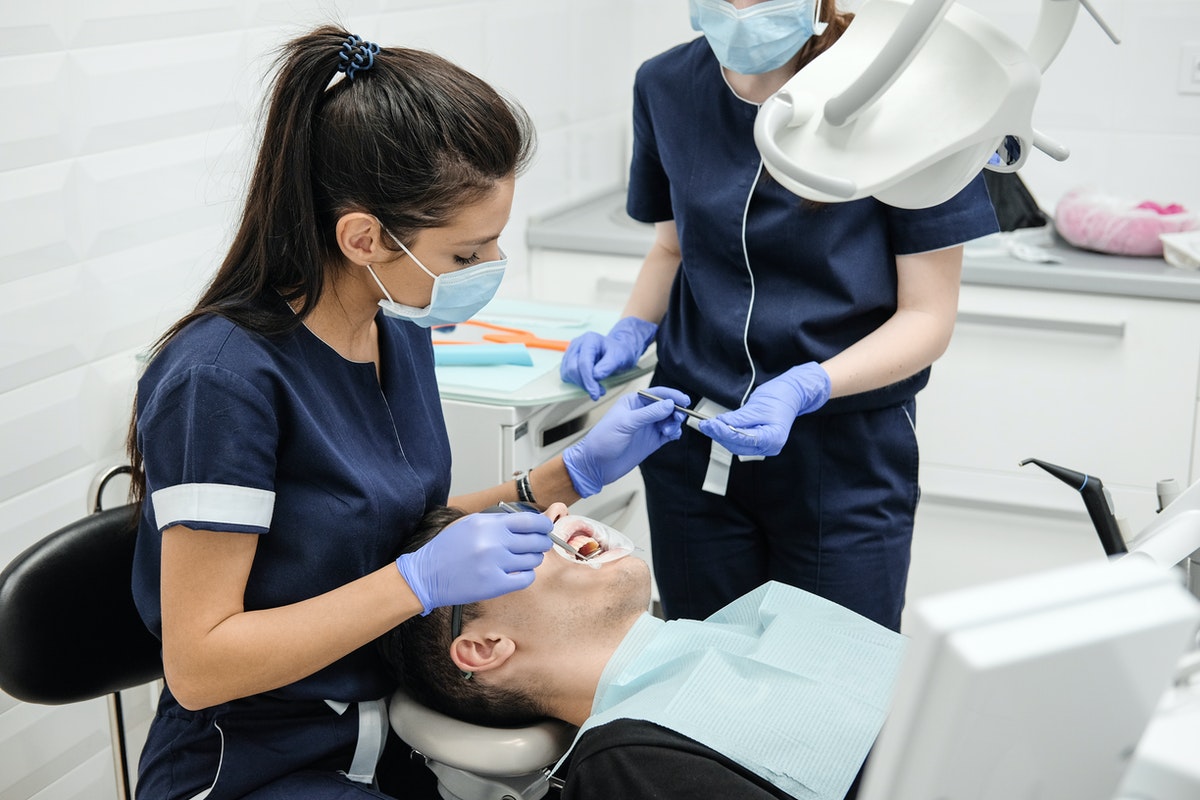Disclaimer: This website provides health information for educational purposes only and is not a substitute for professional medical advice, diagnosis, or treatment. Always seek the guidance of a qualified healthcare provider with any questions you may have.
Now, you really hope you won’t ever need to use an emergency dentist Dublin or that you’ll only ever need to use them once or twice in your life, but if you do, you must know you have someone you can reach out to if you find yourself in serious dental pain or even an emergency involving tooth loss. Here’s all you need to know about what your emergency dentist Dublin can do for you.
What can they actually do?
Emergency dentists are just like normal dentists, but they can perform specialist treatments to help with emergency issues that could cause the patients considerable harm or discomfort. Emergency dentists are open beyond normal working hours and are available to contact early morning and late evenings.
What would be common dental emergencies?
There are lots of things that could be counted as a dental emergency, including serious pain in your teeth, bleeding from the tooth or gums, the loss of a tooth, any pus or body fluid coming from the teeth and gums, a fractured tooth, a lost filling, a chipped tooth, something becoming stuck in the teeth, a major issue with an orthodontic wire or plate, painful jaw, or major tooth sensitivity.
What an emergency dentist isn’t for
It’s very common for people who are going through orthodontic treatment to panic if a wire moves or a plate snaps and think they need to see an emergency dentist. However, this is very likely not the case. You can usually wait to get a normal appointment slot to get the area fixed. However, if the wire snaps and causes you pain or becomes a choking hazard, you would need to go to an emergency dentist. Other non-emergencies include aesthetic problems such as a dislodged crown or bridge, broken dentures, referral letters, non-traumatic problems, a second opinion or going to an emergency dentist rather than waiting for your regular dentist.
What happens at an emergency dental appointment?

An emergency dental appointment will very much depend on the case and the dentist you visit, but a rough guide would be an assessment of the area and issue at hand followed by a series of images being taken (x-rays or 3D photos). Upon assessment, if the work needs to and can be done by the dentist, then they will likely do it. If this is needed to be seen by a specialist, they will like to do basic work on the area and provide you with pain relievers whilst they take steps to find a better long-term solution. It could be that you need to visit the hospital to have specialist surgery done or even that the area just needs time to heal. Again this is all very much down to the case that comes to the practice.
If you are worried about your dental health, then it’s always best to get in contact with your dentist as soon as possible to get booked in for a complete checkup




